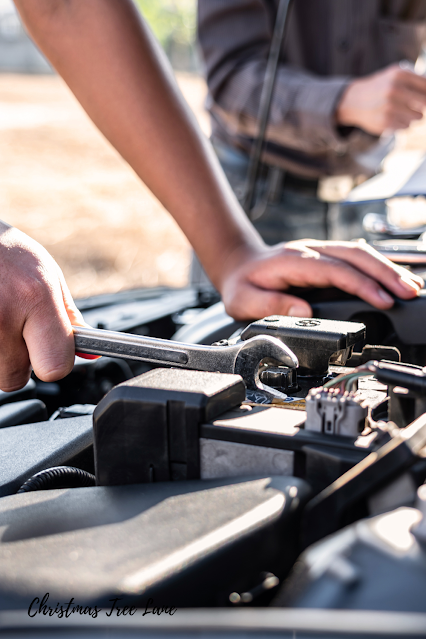The auto repair industry has become increasingly complicated due to advancements in technology. Today, car owners have access to online resources like video tutorials and forums, which may lead them to consider doing repairs themselves. While saving money and gaining experience is appealing, it’s important to recognize that modern vehicles are complex. Cars are not just a means of transportation—they're an investment, and proper maintenance impacts their lifespan, performance, and safety. With the rise of electric and hybrid vehicles, specialized knowledge plays an even more important role in car repair.
The debate between DIY and professional auto repair helps car owners weigh their options before attempting repairs themselves. It highlights which maintenance tasks are suitable for DIY and which should be left to professionals. While saving money may be appealing, it can often lead to bigger expenses or safety risks down the line. By considering costs, tools, skills, risks, and warranty effects, car owners will better understand when to take on repairs themselves and when it’s smarter to trust a pro.
Knowing Your Vehicle's Needs
The Cost Factor: Saving or Spending Wisely
Deciding between DIY repairs and hiring a professional requires careful thought about both immediate and long-term costs. At first, DIY repairs may seem like a money-saver because you avoid labor costs. Many car owners handle minor fixes and regular maintenance themselves, saving the money they would otherwise pay a professional.But the situation gets tricky when mistakes happen. A simple error can cancel out any savings and lead to more expensive repairs later. For example, installing parts incorrectly or mishandling complex systems can cause extra damage, needing professional help to fix. Additionally, there's the matter of time. In our fast-paced lives, the DIY option might end up costing you more in terms of time.
Tools and Expertise: The DIY Dilemma
When starting car repairs, it's clear that having the right tools and knowledge is essential, showing the difference between DIY enthusiasts and professionals. DIY repairs are appealing because they can save money and offer a hands-on experience. However, without specialized tools, like the diagnostic equipment professionals use to solve complex problems, home mechanics may struggle.
While online tutorials can help, they can't replace the years of experience professionals have, especially with modern cars full of electronics and complicated systems. A DIY approach comes with a steep learning curve and unexpected challenges that can turn an easy job into a complicated one.
Safety First: When DIY Can Be Dangerous
Attempting DIY auto repairs can be risky, especially with today's complex vehicles. Working on parts like the fuel system, brakes, or suspension without the right knowledge or tools can lead to serious injuries or make your car unsafe. You could also damage expensive components, turning a small issue into a costly one. For example, messing with the electrical system without expertise could harm the car and put you at risk of electric shock.
Also, improperly lifting a vehicle with a jack can cause accidents that are easily avoidable. These risks show why professional mechanics, with their training and equipment, are often necessary. They ensure the job is done safely and correctly, protecting both you and your car.
Warranty and Insurance Implications
DIY car repairs can be tricky when it comes to warranties and insurance. Many vehicle warranties require that repairs be done by authorized professionals, or the warranty could be voided, leaving owners responsible for future repair costs. DIY repairs could also affect insurance, as improper fixes might lead to claim rejections if they cause an accident.Professional repairs not only protect your warranty but also ensure your insurance remains valid, giving you peace of mind. While doing your own repairs can be tempting, it's important to understand these risks and consider using certified mechanics to avoid financial and coverage issues.







